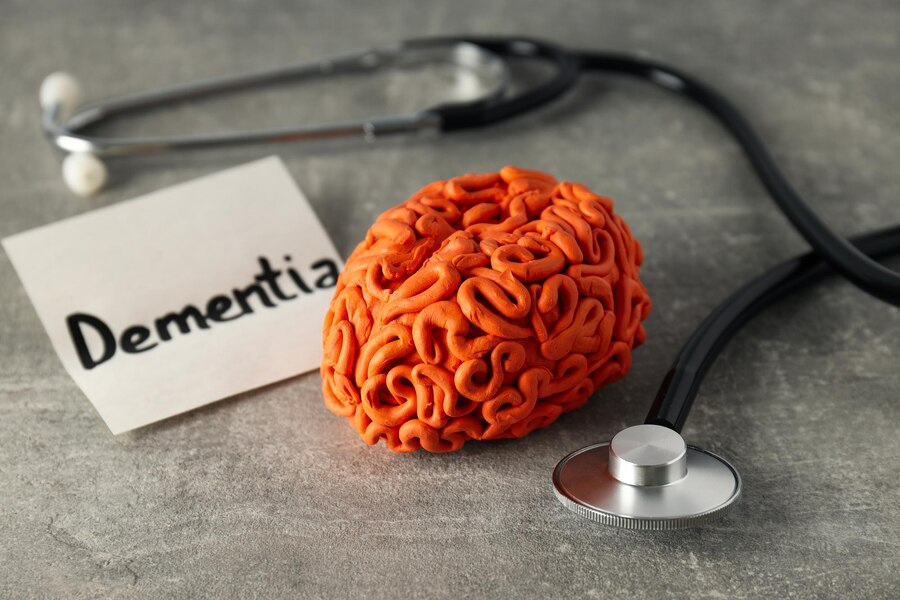
Alzheimer's disease is a neurodegenerative disorder that gradually affects memory and patients' ability to perform everyday tasks. According to the World Health Organization (WHO), it is the most common form of dementia, contributing to 60–70% of cases. Dementia, which is a term for several diseases that affect memory, thinking, and the ability to perform daily activities, currently affects more than 5.5 crore people worldwide.
Table of Content:-
Unfortunately, there is no definitive cause or cure for Alzheimer’s disease, nor is there a reliable way to predict who is more at risk. However, a new study has identified two professions associated with a reduced risk of dying from Alzheimer’s disease.
Also Read: Loneliness Linked To 30% Higher Risk Of Dementia, New Study Reveals
What Has The Study Revealed?

The study published in the British Medical Journal (BMJ) examined the link between Alzheimer’s disease and occupations using death certificates from the National Vital Statistics System in the United States (2020-2022).
The study involved 8,972,221 people across 443 different occupations who had died between 2020 and 2022. Out of this group, 3.88% (around 348,328) had Alzheimer’s disease listed as a cause of death.
Among taxi drivers, only 1.03% (171 out of 16,658) of deaths were attributed to Alzheimer’s, while ambulance drivers had an even lower rate of 0.74% (10 out of 1,348). Researchers noted that this trend was unique to these roles and was not observed in other transportation-related jobs, nor was it evident for other types of dementia.
The study concluded that occupations like taxi driving and ambulance driving involve "frequent navigational and spatial processing," which could be why these professions had the lowest proportions of deaths attributed to Alzheimer’s disease. Navigational and spatial processing are cognitive skills that allow people to move around and find their way in the world.
Understanding Alzheimer’s Disease And How It Affects Patients

Alzheimer's disease is a progressive brain disorder that affects memory, thinking, and behaviour. In the early stages, people affected by the condition can experience minor memory loss, such as forgetting recent events or names. As the disease progresses, patients develop severe memory loss, confusion, and difficulty with daily tasks. They may also have trouble with language and reasoning and may become more suspicious or aggressive. During the final stages, Alzheimer's patients may be unable to communicate with family or understand their surroundings.
Since Alzheimer’s is progressive in nature, it damages the brain and eventually affects areas that control bodily functions. This can lead to systems shutting down and death.
Also Read: Normal Ageing Or Alzheimer's? Expert Explains How to Identify the Warning Signs
How To Reduce Risk Of Alzheimer’s Disease
There is no definite way to prevent Alzheimer's disease; however, by leading a healthy lifestyle and staying active and energetic, you can reduce your risk of the disease. These include:
- Regular physical activity
- Eating a healthy diet
- Staying connected with friends and family
- Keeping your mind active by reading, learning foreign languages, or trying new hobbies
- Quitting smoking
- Cutting down on alcohol
- Preventing head injuries
- Treating hearing loss
How To Care For A Person With Alzheimer’s

According to an old study published in the journal Neurology, 88% of Alzheimer's disease patients experience behavioural changes.
The most common behavioural change is apathy, which is exhibited by 72% of patients, whereas other common behavioural changes include agitation (60%), anxiety (48%), irritability (42%), dysphoria (38%), aberrant motor behaviour (38%), disinhibition (36%), delusions (22%), and hallucinations (10%).
While behavioural and memory changes are inevitable in a person with Alzheimer’s, it is important to care for them with patience and understanding. According to Dr Chinmay Khumbar, Consultant Neurologist, Manipal Hospital, Baner, Pune, some of the strategies include:
- Helping them practise calming techniques like deep breathing, listening to soothing sounds, or simple tactile sensations (holding hands or touching soft objects) to help reduce anxiety or agitation.
- Using mindfulness practices like focusing on breathing, guided imagery, or light exercises to refocus the patient’s attention during moments of aggression or confusion.
- Introducing mindfulness, which encourages routines—very important for patients with Alzheimer’s to feel a sense of security.
- Awareness about current affairs by making them watch news, read newspapers, and discuss ongoing events.
- Showing empathy, which is the strongest tool
Conclusion
Alzheimer’s disease currently has no cure, but managing the condition plays a crucial role in alleviating symptoms and improving the quality of life for patients. The recent study mentioned above suggests that individuals in professions such as taxi driving and ambulance driving, which involve frequent navigational and spatial processing, are less likely to die from the brain disorder. However, further research is needed to confirm these findings. In the meantime, it is important to prioritise a healthy lifestyle and engage in activities that keep the brain active, such as problem-solving, learning new skills, or participating in memory-enhancing exercises.
How we keep this article up to date:
We work with experts and keep a close eye on the latest in health and wellness. Whenever there is a new research or helpful information, we update our articles with accurate and useful advice.
Current Version
